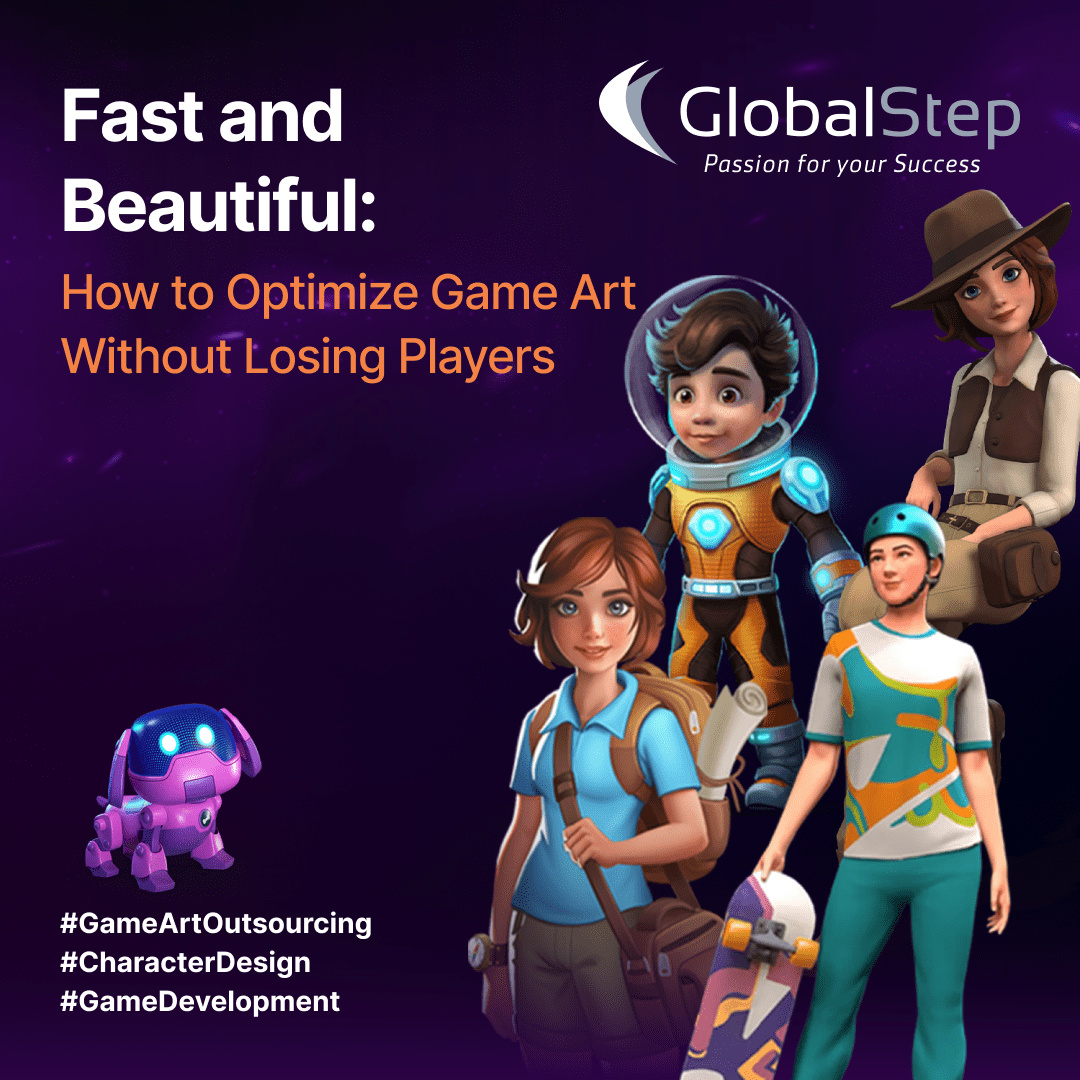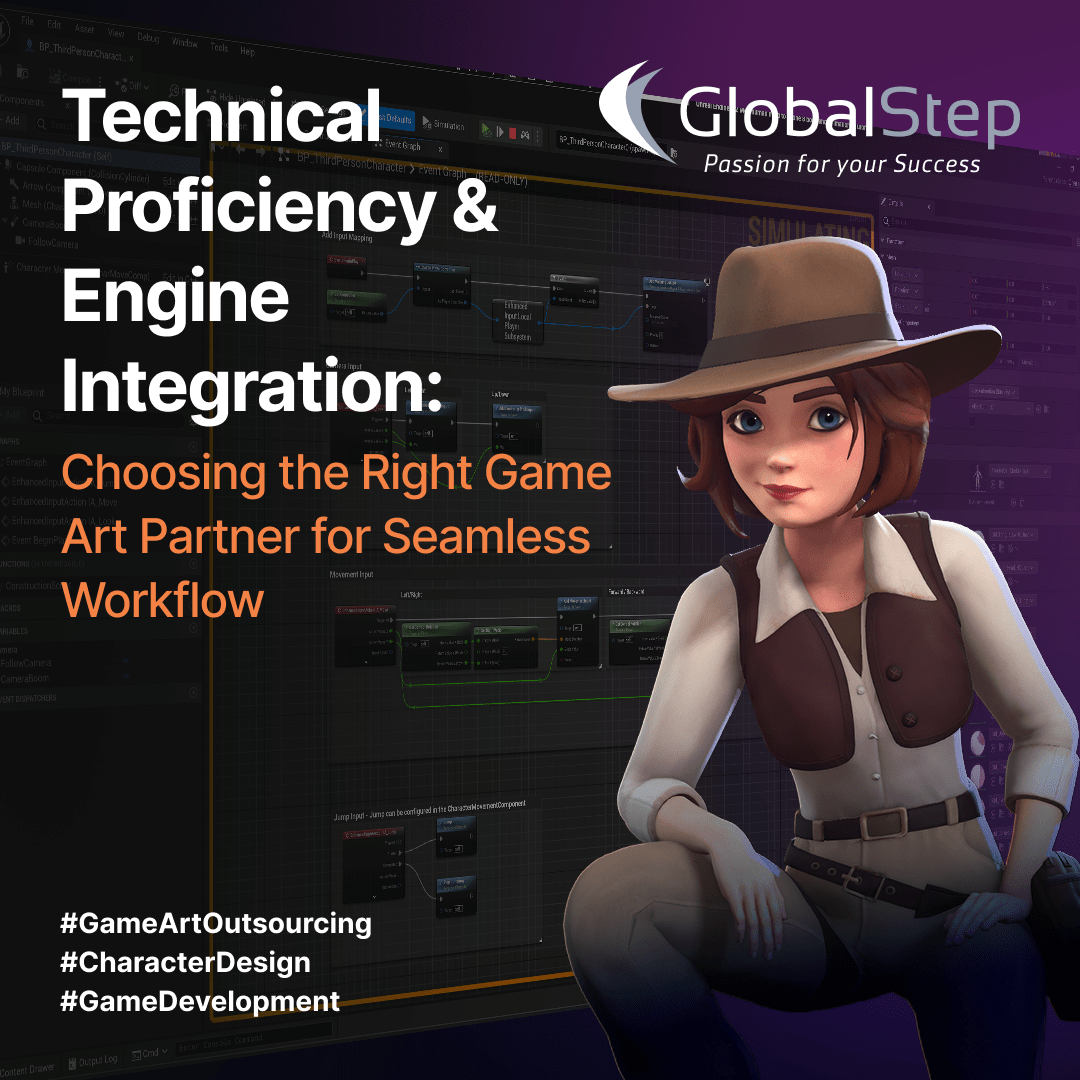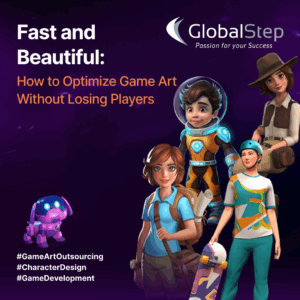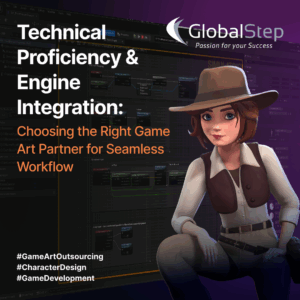
In the very near future we will witness a metamorphosis within the realm of artificial intelligence (AI), primarily in game development. AI is more than just another tool used for making games; it has become what could be referred to as “the game changer” when it comes to creating or enhancing players’ experiences during their time with any particular title. Conventionalmethods of incorporating new technology into processes involved with making games have not worked as well .
Issues in Old-school Game Making
Game development comes with countless intricacies. In a bid to beat strict time limits accrued from budget constraints while still keeping it under quality check, developers find themselves breaking down under the pressure of having to create elaborate environments and characters. Furthermore, telling stories in games has always been limited since not all people globally agree on preferences , thus resulting in insignificant levels of engaging various gamers from different parts of the world. On one hand, newbies should also feel welcomed into trying out these games without facing much competition against professionals. On the other hand, making sure that there is enough challenge for seasoned players becomes quite tricky, too.,. Additionally, tests take too long before any definitive results can be obtained because tech keeps changing, which causes traditional methods used for such procedures to become obsolete sooner than we expect them to, while players still demand more from us.
AI and Game Development Beyond the Norm

The way we create games, design characters and tell stories in games is being totally transformed by artificial intelligence. Developers are able to create huge, detailed landscapes as well as intricate urban settings at a fast rate using AI algorithms, which allows for more creative exploration and diversity when it comes to game settings. AI also boosts character development and narrative design through machine learning and natural language processing, thereby enabling the creation of real-time adaptive multi-dimensional characters that offer personalized gaming experiences based on player decisions. In addition, it changes how stories are told in games by dynamically altering them depending on what choices players make so they can have one-of-a-kind and captivating experiences.
Another area where artificial intelligence has been useful is in addressing the difficulty levels of games. This has been done through systems with adaptive difficulty created using AI, which analyze a player’s skills and preferences, then adjust the challenges in such a way that they remain engaging without being frustratingly hard. Furthermore, testing tools powered by AI can quickly identify bugs, glitches or balance issues during development stages, hence this streamlines QA processes while ensuring high-quality gaming experiences at all times.
Embracing the Future: AI in Game Development Now

We are on the brink of a new phase in game creation and AI will play a pivotal role. Game developers, creative leads and industry strategists have to start imagining how this technology could shape gaming experiences forever. It’s no longer about if but rather when we should integrate artificial intelligence into our games’ development cycle. Enhancing environments for characters or stories within games themselves may seem like small steps toward innovation, but they offer us entry points whereby these innovations can be carried out effectively. GlobalStep knows the challenges faced by different parts of the world when it comes to gaming; not only do we provide solutions which meet these challenges head-on, but also set standards that others within the field must follow, too.
AI as the Game Changer in Development
AI’s entry into game development is a significant industry turning point. It solves various recurring game creation challenges like storytelling and quality assurance. This has led to faster development processes, more immersive and personalized gaming experiences, as well as increased player engagement levels worldwide. GlobalStep leads this change by offering developer-empowering hybrid solutions that stretch creativity limits for making games possible. We are an innovation-driven organization with a commitment toward excellence, ensuring our customers remain competitive within the gaming industry. Bright times lie ahead for the video games sector, all thanks to artificial intelligence which acts as a compass directing us towards the unknown. Partner with us as we embark on this exciting journey into the future of video games together! Schedule a meeting with GlobalStep to learn more about AI-powered video game development.





